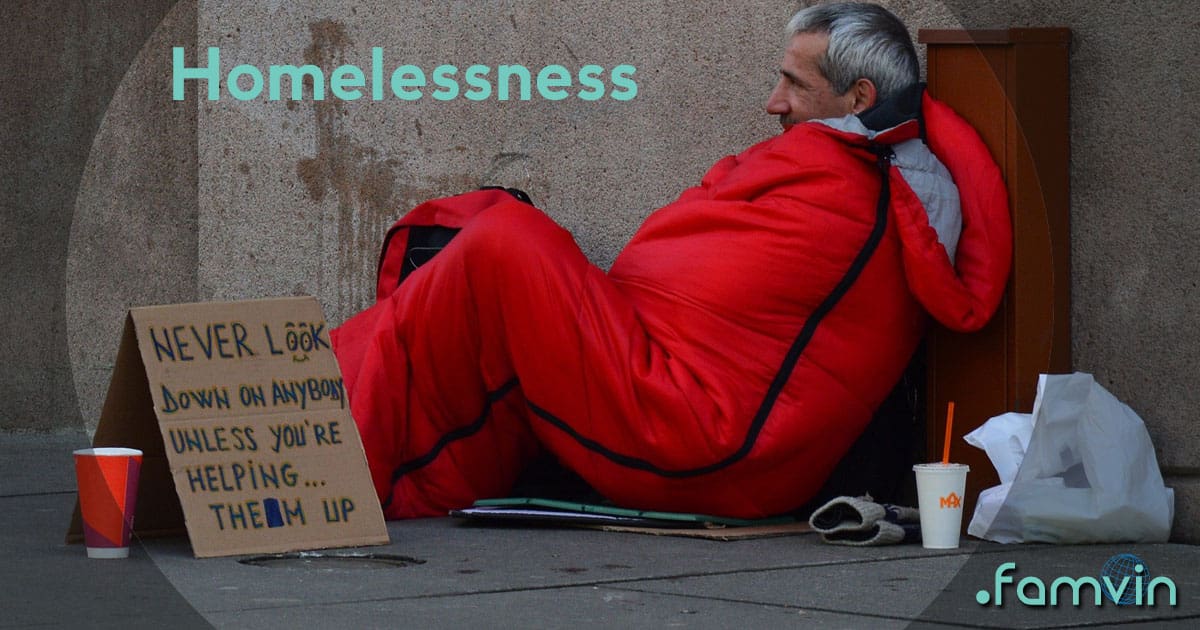Lessons Learned From Homeless People
How Are Homeless People Advocating for Themselves in this Time of Crisis?
This story gives us insight into how and why homeless people can be involved in addressing issues of homelessness.
“Any public health response that does not center the voices of people who have lived the experience of homelessness is going to come up with the wrong solution.”
~ Dr. Margot Kushel, Director of the UCSF Center for Vulnerable Populations
This truth has never been clearer than it was in the wake of COVID-19, as people front-line people and policy-makers scrambled to figure out ways to reduce the spread within this vulnerable population.
What people are beginning to learn is that the only way to communicate clearly with homeless people is to go through other homeless people – i.e. other individuals who are also experiencing homelessness.
The UCSF Center for Vulnerable Populations recognized this fact. It created a task force comprised of fellow homeless individuals for outreach purposes. This seemingly small change made a huge difference in reducing the spread and increasing testing availability.
Simple lessons learned
- Through this program, they learned that, much like everyone else in the world, homeless people in the USA had legitimate questions and concerns regarding the testing and the novel Coronavirus.
Some chief concerns included:
- Whether they could get the virus from the test
- How serious the virus is
- What would happen if they did test positive? Would they be further isolated or criminalized?
- Health professionals also quickly learned that mobile testing sites were ultimately more effective for COVID testing among this vulnerable population. Without the help of people who are part of this vulnerable community, this vital information could not have been uncovered.
Broader implications
The broader implication here is that homeless initiatives should employ homeless and formerly homeless people
This story and others like it show the efficacy of hiring homeless and formerly homeless people for outreach work. The fact that we continue not to do this only proves that we are, at least on some level, feeding into the narrative that homeless people lack redeeming or admirable qualities.
Here we learn, yet again, that homeless people are neither lazy nor are they helpless. When called upon to provide aid, they are often the first people to lend a hand. Won’t you do the same?
Talk to your representatives about hiring homeless and formerly homeless people for positions that are centered on ending or reducing homelessness.
Cynthia Griffith is a freelance writer dedicated to social justice and environmental issues and the author of the article from which this reflection is drawn. How Homeless People are Advocating For Themselves In This Time Of Crisis.
See also an earlier reflection on FamVin “A Novel But Realistic Approach to Homelessness”







0 Comments